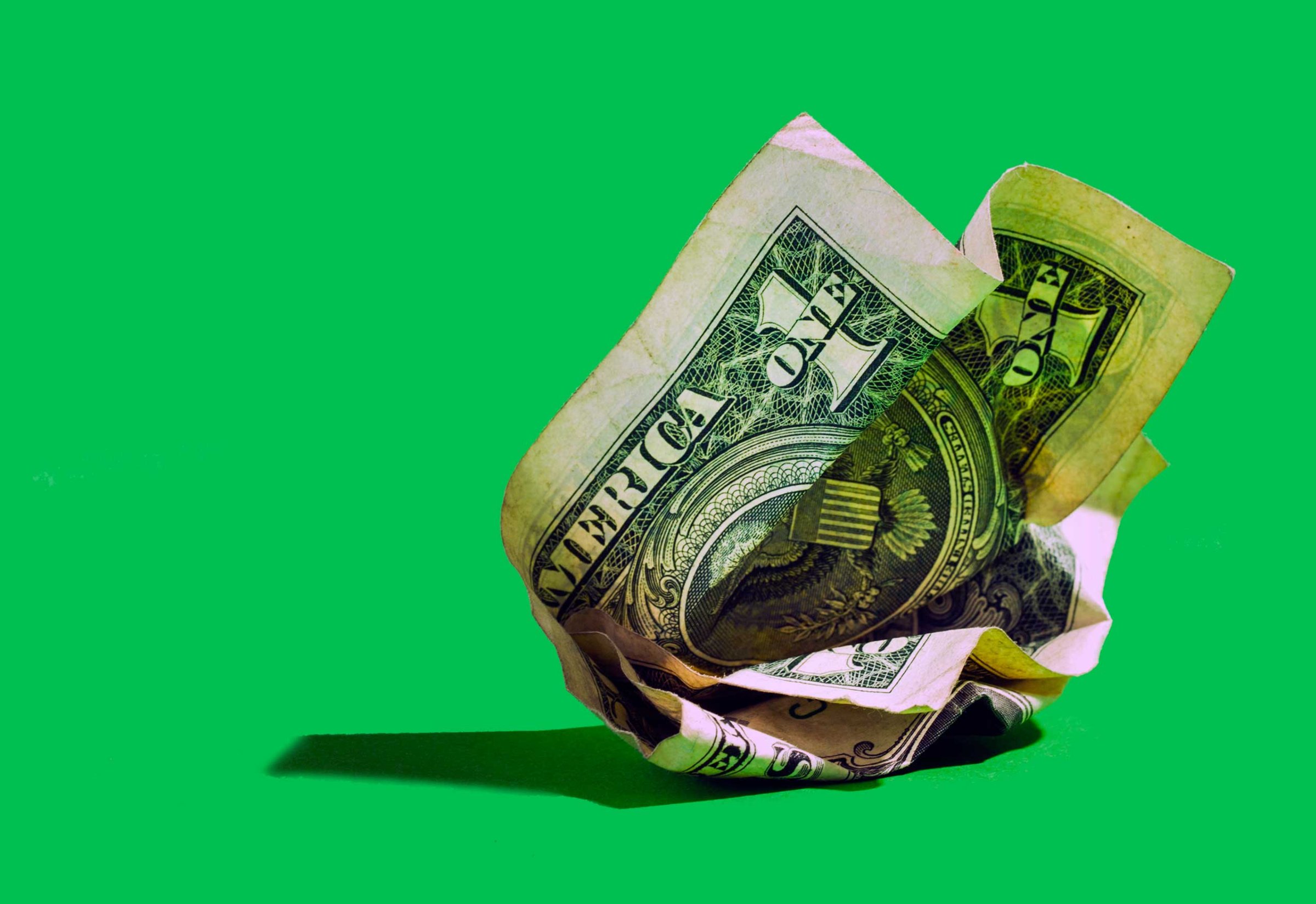
Warren Buffett warned investors that bankers were still up to their old tricks in his recent investor letter. Vanguard founder Jack Bogle is writing about how high fee mutual funds are ripping off investors and endangering retirement security. And Fed Chair Janet Yellen is touting new, tougher capital rules for “Too Big to Fail” banks. Despite the recovery and strong jobs numbers last week, the re-regulation of the financial sector isn’t yet finished. But a deeper worry, and one that’s taking center stage amongst academics, is the fact that finance has yet to be re-moored to the real economy. That may be dampening the recovery for many.
A growing slew of research, including several just-published papers, has found that over a multi-decade period, the rise of finance is associated with lower capital investment in the real economy, greater inequality, and the demise of more productive industries. Brandeis International Business School professor Stephen G. Cecchetti and Enisse Kharroubi, a senior economist at the BIS, recently published a paper entitled “Why Does Financial Sector Growth Crowd Out Real Economic Growth?”
The answer: because finance looks for quick growth rather than long-term rewards. And because finance wants to invest in industries like real estate and construction where there are tangible assets to be collateralized, rather than intangible assets like the ideas and intellectual property that typically power more productive sectors like, say, technology, pharmaceuticals, or advanced manufacturing. What’s more, the disproportionate pay of bankers (they still make about three times what their similarly well-educated colleagues in other sectors do, even post crisis) continues to lure talent away from areas that create more and better jobs for the population as a whole. “When I was at MIT many years ago,” says Cecchetti, “everyone wanted to work in cold fusion or recombinant DNA. By the 1990s, nobody wanted to do that.” Solution? “I think we should take some proportion of the smartest people in the room and make sure they don’t go into finance,” says Cecchetti, only half joking.
Part of the problem with the rise of finance is that it encourages the culture of shareholder value over all else. That means CEOs focus more on buoying stock prices rather than making the best long-term decisions. The effects can be seen in the fact that since the 1980s, share buybacks and dividend payments have increased in direct proportion to a decrease in productive capital investment, according to a recent Roosevelt Institute paper entitled “Disgorge the Cash: The Disconnect Between Corporate Borrowing and Investment.”
What’s more, says JW Mason, a Roosevelt fellow who authored the paper, the low interest rates that have prevailed particularly since the 2008 crisis have sped up the trend as firms actually borrow money at lower rates to do more buybacks, rather than invest in the real economy. (The later is, by the way, what the Fed’s easy money policy was intended to encourage.) In fact, business investment dropped 20 % since 2008, as almost all borrowing went back to investors in the form of such payments. “It may be that we need to move to a more active control of investments to make sure that useful projects get funded,” says Mason, who says a kind of “World Bank for the US” might be one answer.
All this dovetails with the country’s inequality problem, which is an issue that will be big in the 2016 election cycle. As Wallace Turbeville, a Demos fellow who has done yet another influential paper on financialization points out, both the Republican and Democratic positions on inequality are lacking. Conservatives believe in bootstrapping, and liberals in redistribution of wealth. But if the very structure of our capitalism is designed to reward mainly elites (something Thomas Piketty’s best seller Capital in the 21st Century pointed out so well last year), then no amount of redistribution or hard work can fix the problem.
We need to fix the structure of capitalism itself and, in particular, figure out a way to make it work better for the masses. Turbeville has some of his own ideas about how to do this, including incentivizing long-term share ownership over high-speed trading, and limiting the use of derivatives. I hope that the economic debate in the primary season will be filled with many more.
Correction: The original version of this story misstated the surname of Brandeis International Business School professor Stephen G. Cecchetti.
More Must-Reads from TIME
- Breaking Down the 2024 Election Calendar
- How Nayib Bukele’s ‘Iron Fist’ Has Transformed El Salvador
- What if Ultra-Processed Foods Aren’t as Bad as You Think?
- How Ukraine Beat Russia in the Battle of the Black Sea
- Long COVID Looks Different in Kids
- How Project 2025 Would Jeopardize Americans’ Health
- What a $129 Frying Pan Says About America’s Eating Habits
- The 32 Most Anticipated Books of Fall 2024
Contact us at letters@time.com